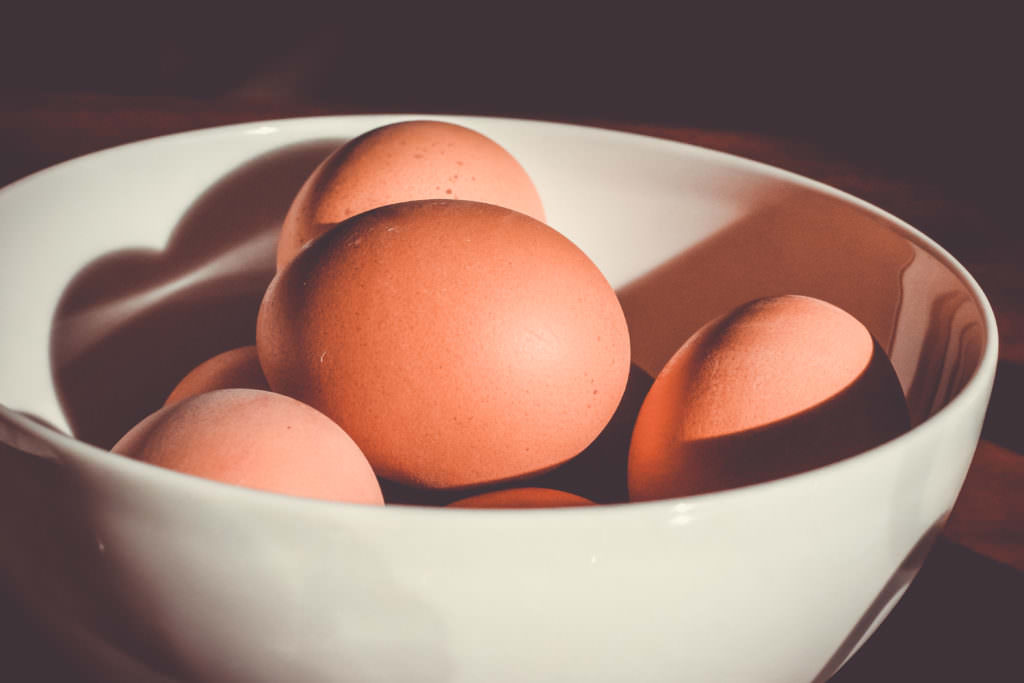
Updated March 2022 by May Simpkin
A diagnosis of high cholesterol via your GP can leave you confused as to what measures you should be considering to improve these levels. What should I eat? Should I eat more fat? If so, which fats? Can I still eat cheese? Should I start taking statins? Should I stop taking my prescribed statins?
Confusing cholesterol with fat consumed in the diet is very common and research on nutrition now tells us that the advice we have always considered appropriate to reduce cholesterol in the body is perhaps outdated. One of the biggest myths is that a diet high in foods containing cholesterol and saturated fats causes heart attacks. There is now plenty of evidence that total fat or even dietary cholesterol is not linked to heart disease.
A study published in the British Medical Journal prompted a change in thinking….saturated fats are no longer the villain. The study revealed that “Eating a diet with relatively high cholesterol content and eating eggs regularly are not associated with an increased risk of coronary heart disease….” Those who avoided butter, a saturated fat, in favour of healthy spread alternatives may indeed have noted a drop in cholesterol levels, but this didn’t necessarily translate into a lower risk of heart disease.
It is more important to focus on choosing the right type of dietary fats rather than reducing total fat, as well as a key focus on whole, nutrient-dense foods and healthy diet and lifestyle patterns.
However, to ensure you are clear about what we are actually talking about, we must first understand more about cholesterol itself……
Cholesterol is an important fatty substance, or lipid, essential for our body’s cell membranes and for hormone production. It is made in the liver but it can also be found in a number of foods.
Cholesterol is insoluble in water; therefore it is carried throughout the body by attaching itself to proteins. When combined, they are called lipoproteins. There are two relevant types of lipoproteins: LDL-cholesterol and HDL-cholesterol.
If you have extremely high total and LDL cholesterol levels, it can negatively impact your health; especially when combined with smoking and a high blood pressure. You may not even know you have high cholesterol as it doesn’t cause any symptoms on its own.
What is High Cholesterol?
Increased cholesterol levels can cause fatty deposits – also known as plaques – to build up inside your arteries. Over time this can narrow your arteries, restricting blood flow to your heart and other important organs. This can potentially cause a pain in your chest (angina).
If one of the plaques inside your arteries bursts, it can cause a blood clot, cutting off the blood supply to your heart resulting in a heart attack. If it cuts off the blood supply to your brain, it can cause a stroke.
Types of Cholesterol
-
High-Density Lipoprotein (HDL)
High-Density Lipoprotein is typically referred to as ‘good’ cholesterol as it helps to remove excess cholesterol from your blood vessels, by transporting cholesterol to your liver from your tissues. The cholesterol is then safely broken down and removed in the liver. HDL therefore aids the prevention of cholesterol build-up in your blood vessels, helping to reduce the risk of stroke and heart disease.
-
Low-Density Lipoprotein (LDL)
Low-Density Lipoprotein transports cholesterol around your body from your liver to wherever it is needed. However, if your LDL levels are too high, it can be deposited in your arteries, thus increasing the risk of stroke and heart disease. This is why LDL is often referred to as ‘bad’ cholesterol.
Here’s 7 Simple Measures to Keep Cholesterol Under Control?
- High-fibre foods can help reduce the amount of cholesterol in the bloodstream as cholesterol attaches to the fibre and is transported directly to the liver, where it can be safely removed. Foods that are high in fibre include: oats, beans/pulses and vegetables/fruit
- Opting for foods that contain unsaturated (good) fats include:
- Oily fish like mackerel, herring, salmon
- Nuts such as walnuts, cashews, almonds
- Healthy oils including olive, walnut, sesame seed, avocado, sunflower
- Seeds such as pumpkin
- Artificial Trans Fats should be avoided and are typically found in processed foods that contain hydrogenated fats, such as cakes and biscuits and ready meals
- When cooking, instead of frying, try gently sautéing, roasting, grilling, steaming, boiling or poaching
- Exercising on a regular basis can help lower your cholesterol levels regardless of a change in weight. In many cases, around 150 minutes of moderate exercise every week has been proven to improve cholesterol. The key here is consistency; regular exercise, even just 30mins of walking per day will help.
- Quitting smoking can help improve your HDL levels. In addition, your blood pressure, risk of heart attack and heart disease will decrease too
- Quality sleep helps to ensure your body is rested and repaired so that you can ensure efficient blood sugar and cholesterol management the following day.
The Role of Statins
Statins are the drugs prescribed by the medical profession to remove LDLs from the body. Many believe that having low LDL will prevent heart disease. Taking these statins can bring about many debilitating symptoms including muscle aches and pains. Whilst it is essential to discuss your approach with statins with your doctor, considering the steps discussed above to address your total cholesterol levels should also be a part of your protocol to achieve overall health.
Can eating oats reduce your cholesterol levels?
Oats contain soluble fibre that can reduce the absorption of cholesterol into your bloodstream and therefore can reduce overall levels of LDL “bad” cholesterol. Eating simple oats on a daily basis; just one cup can have an effect. Topping it with fruits and nuts adds more fibre to your diet, keeping your cholesterol levels in check, reducing the risk of disease and also helping to manage your weight by keeping you full and satiated. It’s a winner all round!!
Here’s a great high protein recipe for overnight oats (or Bircher muesli) that you can prep in advance and enjoy all week.
High Protein Overnight Oats


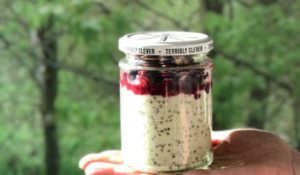
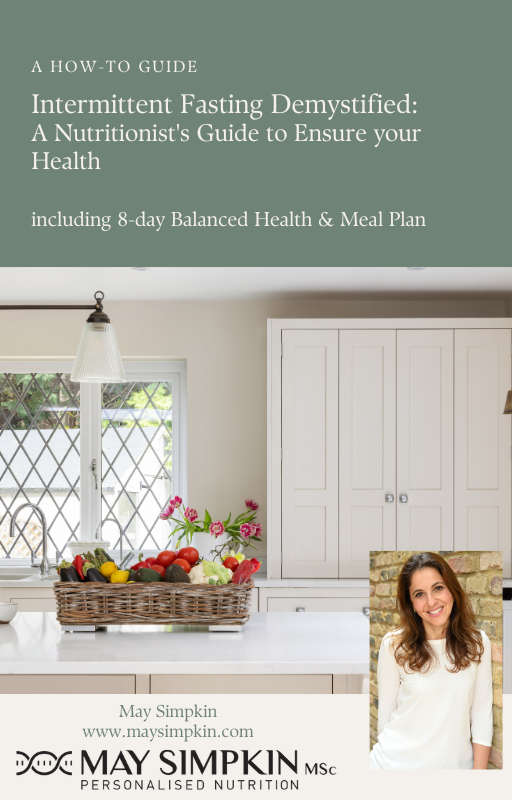
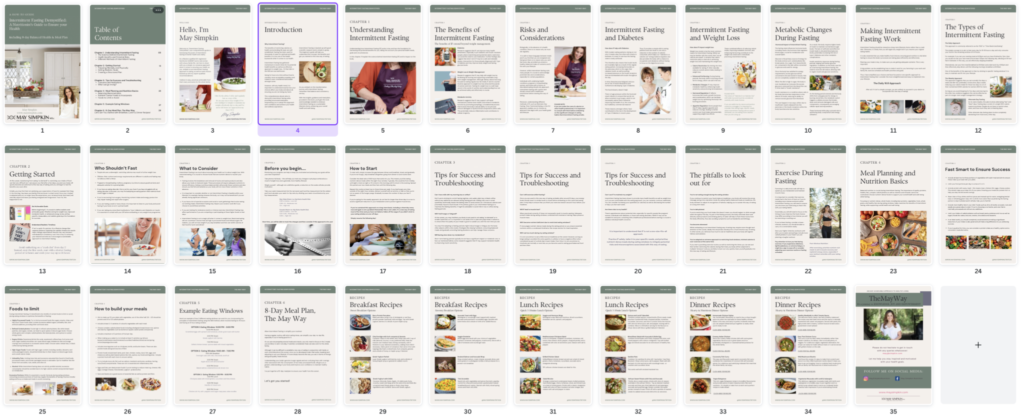

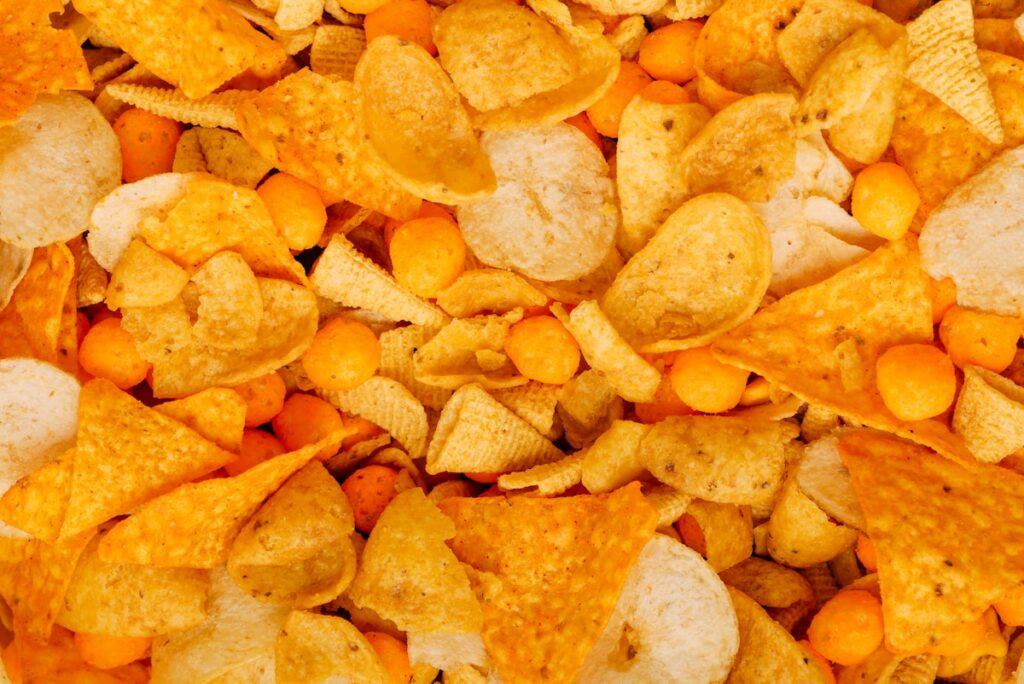


0 Comments